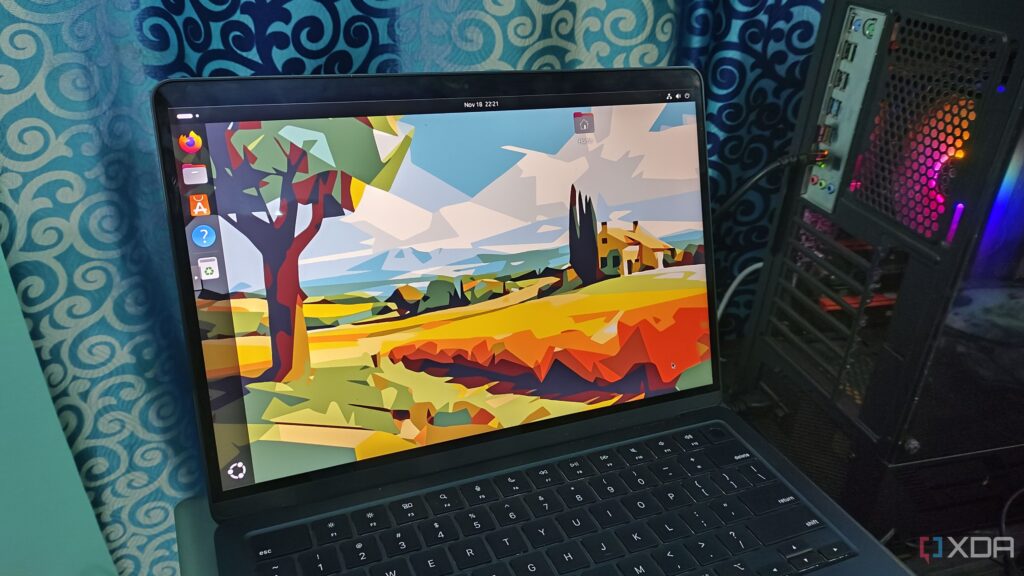
URGENT UPDATE: Users are being urged to reconsider their reliance on snaps for Ubuntu installations, as significant issues have been uncovered that could impact performance and user experience. This comes as new reports detail critical drawbacks that could deter newcomers from embracing this popular Linux distribution.
Ubuntu, known for its user-friendly approach, has long been a favorite among those transitioning from Windows. However, the reliance on snaps—packaged applications intended to simplify installation—has raised serious concerns among users. With these revelations surfacing just this week, it’s essential for both new and existing Ubuntu users to understand the implications of snap usage now.
1. Closed-Source Ecosystem: Many users switch to Ubuntu for its open-source principles, but snaps operate within a closed-source framework. While some core packages are publicly accessible, the Snap Store itself is not. This raises privacy concerns, particularly for those who prioritize transparency in their software choices. The closed nature of snaps may undermine the very values that attract users to Ubuntu.
2. Automatic Installation Issues: Users have reported frustration as Ubuntu’s modified apt commands pull snap versions of popular applications like Firefox, Chromium, and Thunderbird when the standard package isn’t available. This automatic behavior can lead to confusion and dissatisfaction as users find themselves using applications they didn’t intend to install.
3. Performance Problems: Users have noted that snap applications often suffer from long startup times due to their unique file system architecture. As snaps are mounted as compressed virtual file systems, they require uncompression during use, resulting in sluggish performance. Additionally, they can consume more memory than traditional packages, which is particularly concerning for those using older or lower-powered systems.
4. File System Clutter: Each snap installation creates a new virtual file system, leading to an accumulation of these systems over time. This can create a disorganized environment, complicating system management and potentially degrading performance. Users are advised to carefully consider the long-term impact of installing snaps on their Ubuntu environment.
Despite these drawbacks, snaps can offer convenience for less experienced users who might not be familiar with alternative package management systems. However, for those who prioritize speed, efficiency, and system clarity, it is recommended to explore other options like flatpaks or traditional package repositories.
As this situation develops, users are encouraged to weigh the pros and cons of snaps carefully. The community is actively discussing potential fixes and alternatives, making this a pivotal moment for Ubuntu users to stay informed.
WHAT’S NEXT: For users looking to optimize their Ubuntu experience, it is crucial to keep an eye on updates from the Ubuntu community and official channels regarding potential changes to snap usage and alternatives. The dialogue surrounding these issues is ongoing, and user feedback will play a significant role in shaping future developments.
Stay tuned for further updates as we continue to monitor this developing story. Share your thoughts and experiences with snaps on social media, and join the conversation about the best practices for using Ubuntu today.






